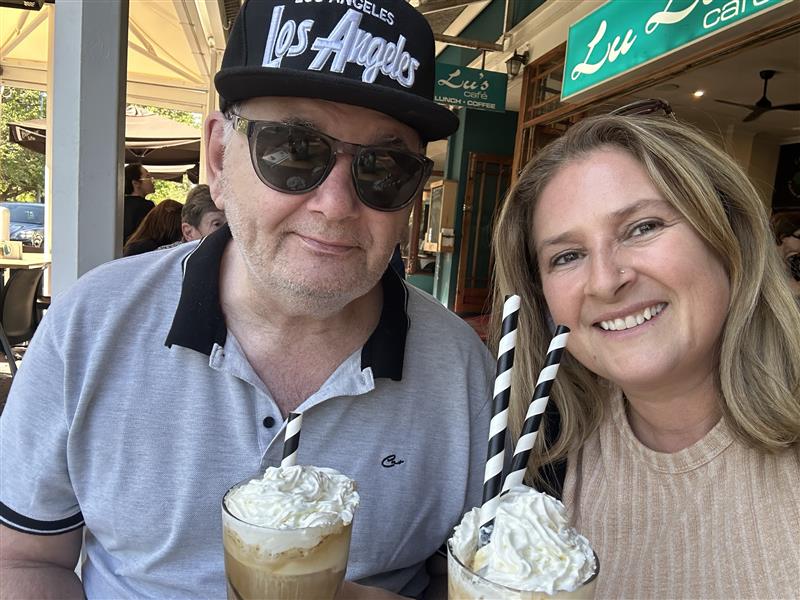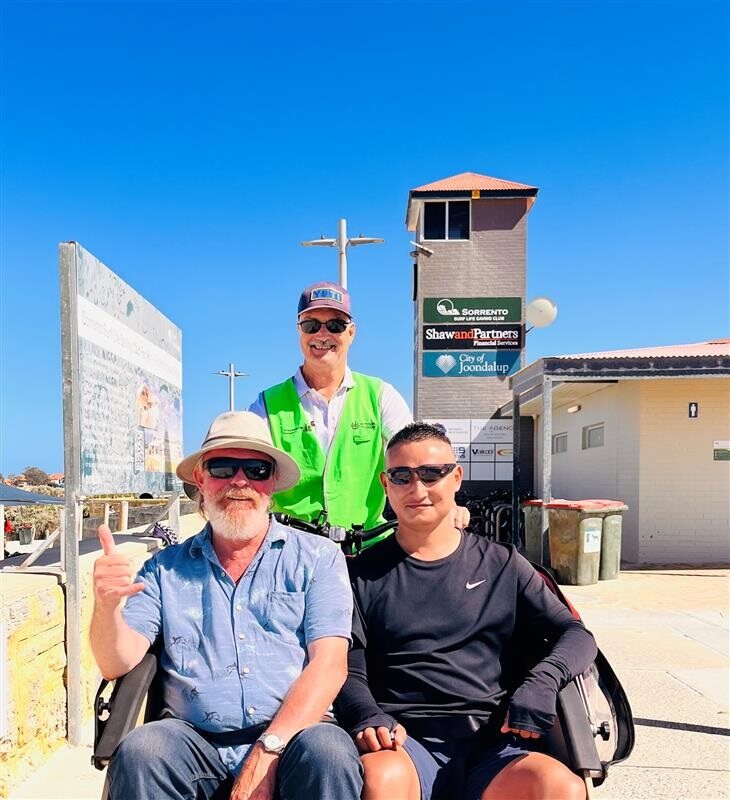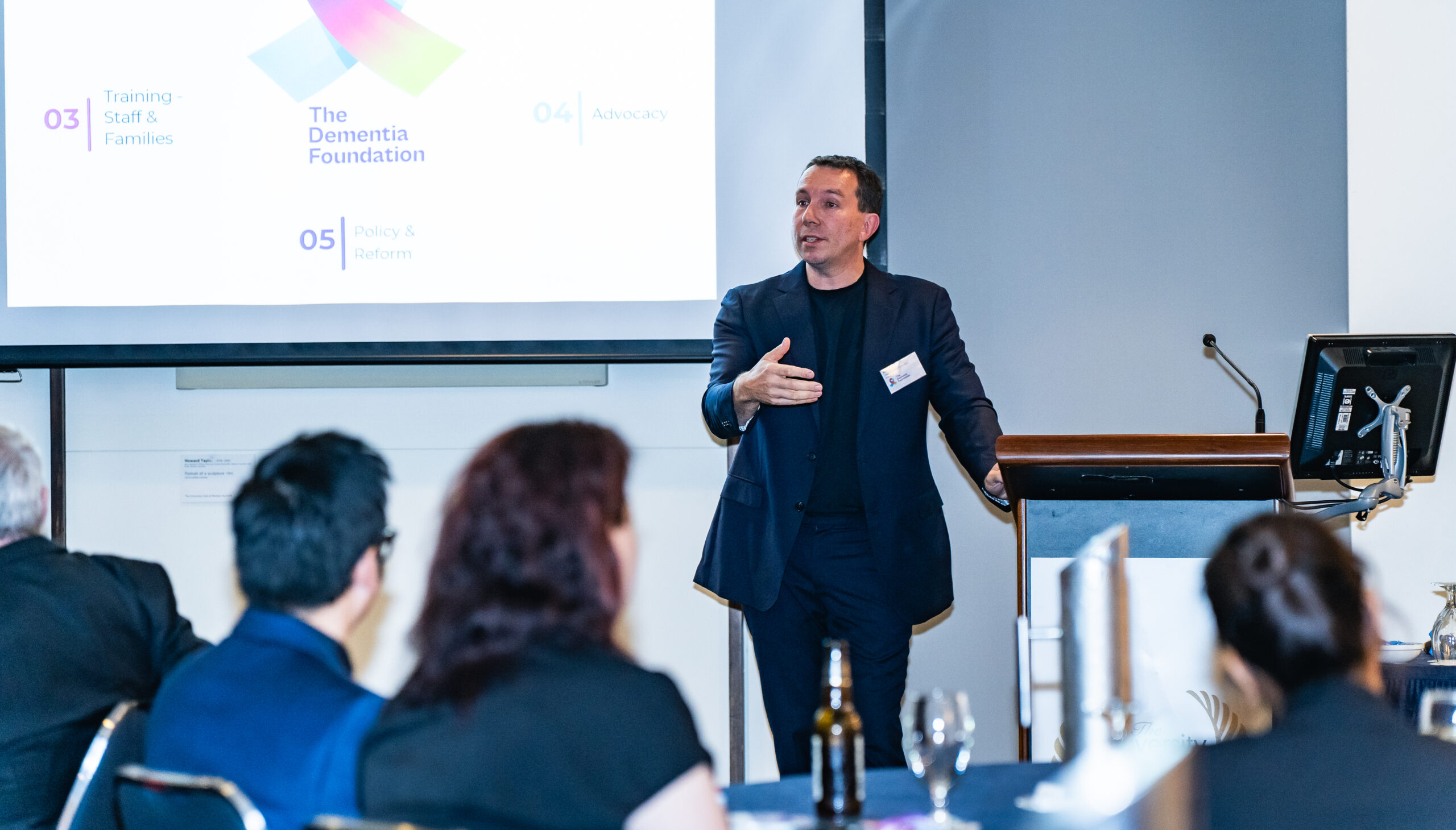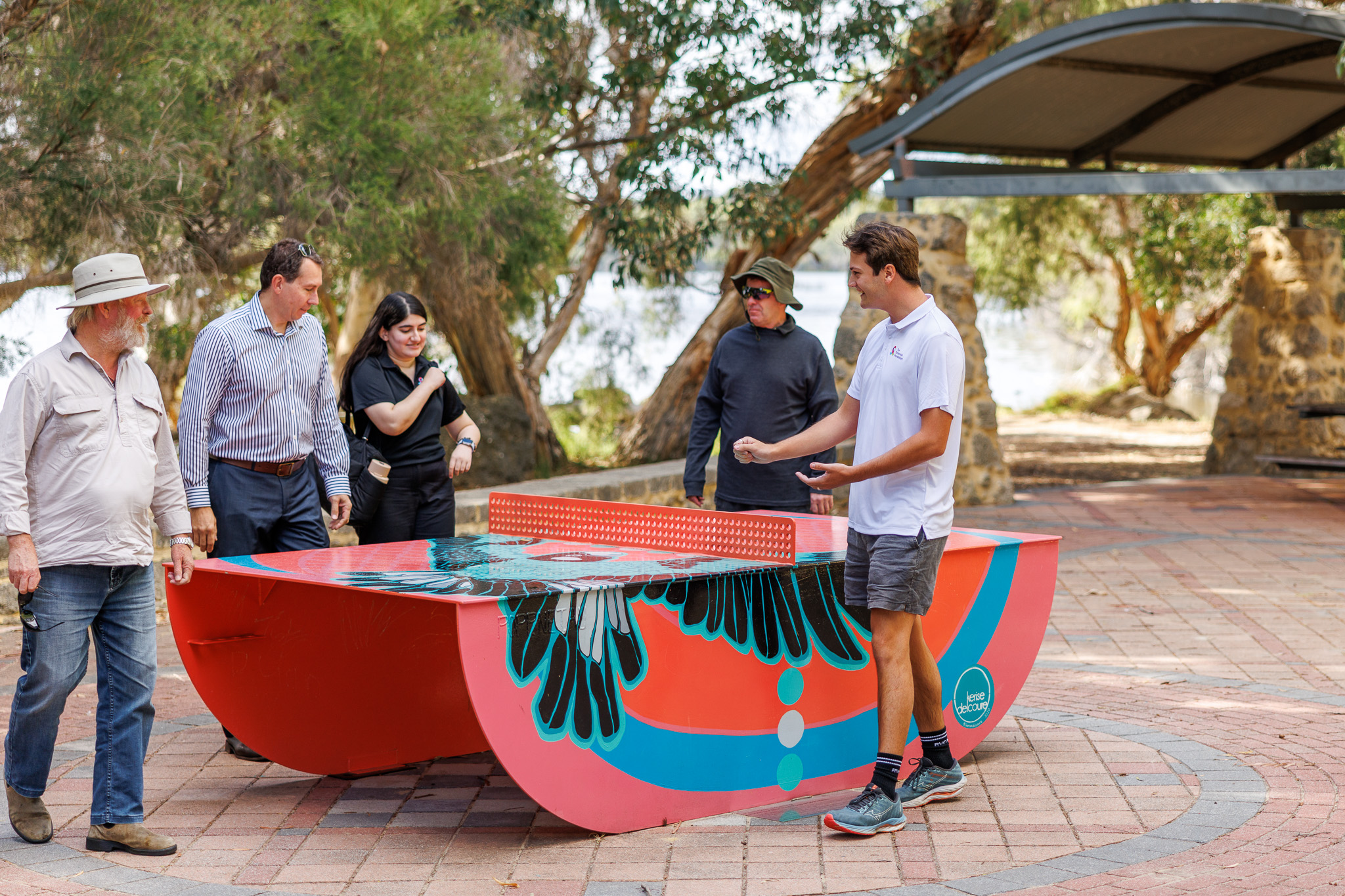Created by The Dementia Foundation, a registered NDIS provider
National Disability Insurance Scheme (NDIS) Funding Guide
What is the NDIS?
The National Disability Insurance Scheme (NDIS) provides funding to Australians under 65 who have a permanent and significant disability – including young onset dementia. The NDIS aims to help you live as independently as possible, for as long as possible, by providing reasonable and necessary supports, services, and equipment tailored to your individual needs and goals.








